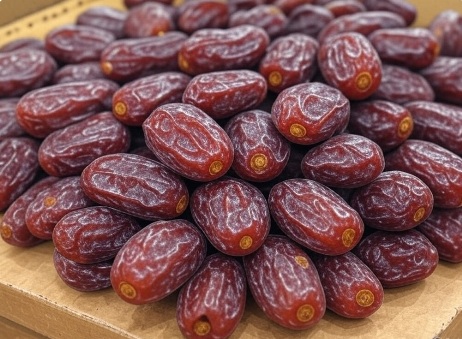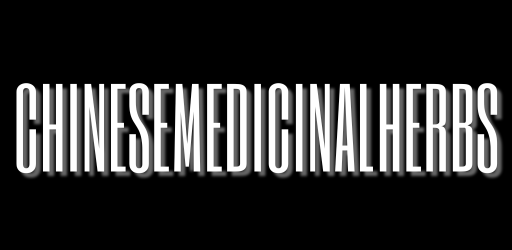Red Dates Chinese Herb

Red Dates (Jujube Berries): The Sweet Superfruit of Traditional Chinese Medicine
Introduction
Red dates, also known as jujube berries or Hong Zao (红枣) in Chinese, have been a staple in Traditional Chinese Medicine (TCM) for over 3,000 years. These small, reddish-brown fruits are valued not only for their natural sweetness and chewy texture but also for their wide range of health benefits. Today, they are recognized as a versatile superfood that fits easily into modern diets.
What Are Red Dates?
Red dates are the dried fruit of the Ziziphus jujuba tree, native to China. Despite being called “dates,” they are botanically different from the dates found on date palms. When dried, they resemble large raisins and have a soft, spongy texture. Red dates are often used in both sweet and savory dishes in Chinese cuisine.
Health Benefits of Red Dates
1. Tonifies Blood and Qi
In TCM, red dates are used to strengthen the blood and boost qi, or vital energy. They are commonly recommended for women, especially during menstruation or postpartum recovery.
2. Calms the Mind
Red dates are believed to have calming properties. They are frequently included in herbal blends to promote relaxation, reduce stress, and support better sleep.
3. Strengthens the Immune System
Rich in vitamin C, antioxidants, and flavonoids, red dates help boost the body’s immune defense and protect against inflammation.
4. Supports Digestion
With a good amount of dietary fiber, red dates aid digestion, promote healthy bowel movements, and help maintain a balanced gut microbiome.
5. Balances Hormones
Red dates are often included in herbal formulas aimed at regulating hormones and restoring energy, particularly after childbirth or illness.
How to Use Red Dates in Everyday Life
1. Herbal Teas
Simmer red dates with ingredients like goji berries and ginger to create a warming, nourishing tea.
2. Chinese Soups and Congee
Add whole or sliced red dates to chicken soup, pork rib broth, or rice congee. They impart a subtle sweetness and enhance the overall nutrition of the dish.
3. Dessert Soups
Red dates pair well with ingredients such as lotus seeds, longan fruit, and snow fungus in traditional Chinese dessert soups.
4. Healthy Snacks
Dried red dates can be eaten on their own or used in trail mixes and baked goods as a natural sweetener.
Where to Buy Red Dates
You can find red dates in:
- Asian grocery stores
- Chinese herbal medicine shops
- Health food stores
- Online marketplaces like Amazon, iHerb, or specialty wellness websites
Look for high-quality varieties that are:
- Organic and free of added sulfur
- Pitted for convenience
- Plump and reddish-brown in color
Are There Any Side Effects?
Red dates are generally safe for most people when consumed in moderation. However, individuals with conditions related to excess internal heat (according to TCM) or blood sugar sensitivity should limit their intake. If you are pregnant, nursing, or taking medication, consult with a healthcare provider before adding red dates to your diet.
Conclusion
Red dates are a timeless ingredient that bridges the worlds of nutrition and traditional healing. With their rich flavor and numerous health benefits, they make an excellent addition to your daily wellness routine. Whether enjoyed in teas, soups, or snacks, red dates are a delicious and effective way to support your body naturally.
FAQs
Q: Can I eat red dates every day?
A: Yes, consuming 3 to 5 pieces daily is safe and beneficial for most people.
Q: Do red dates contain caffeine?
A: No, red dates are naturally caffeine-free and are a great option for evening teas.
Q: Are red dates suitable for vegan diets?
A: Yes, red dates are plant-based and ideal for vegan and vegetarian diets.

